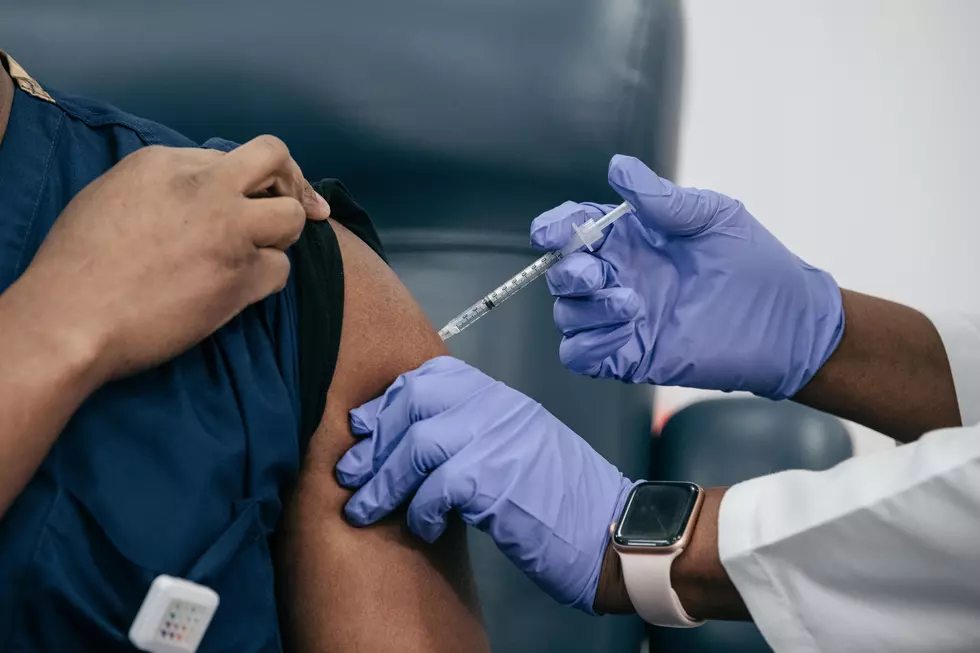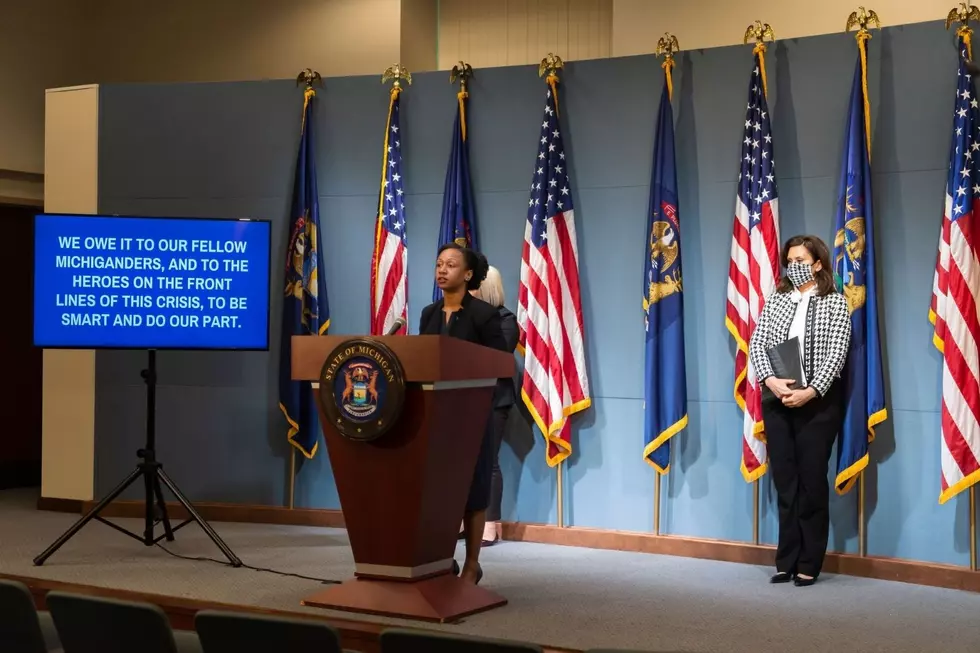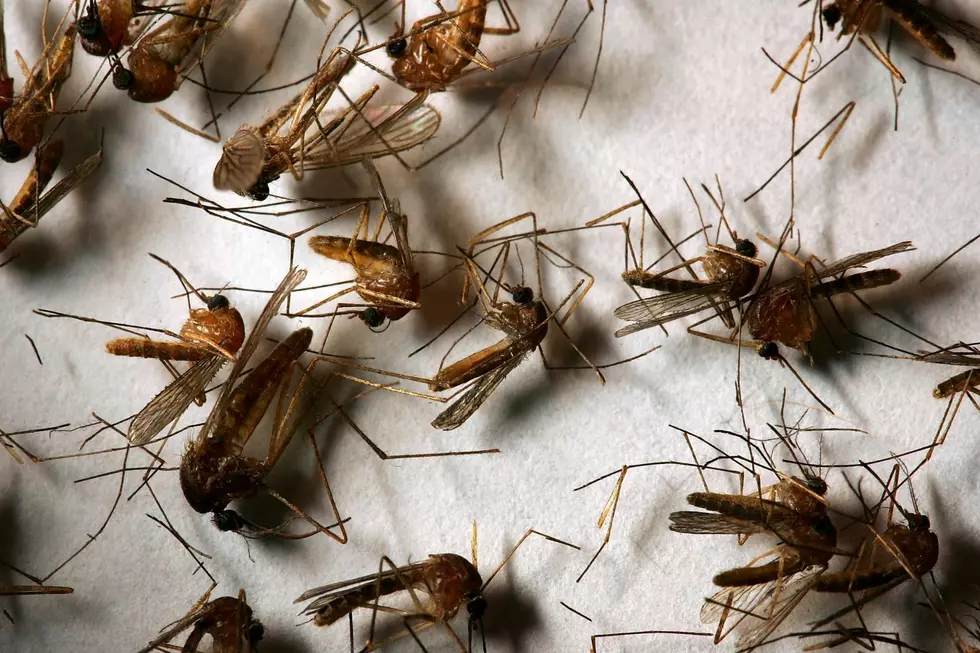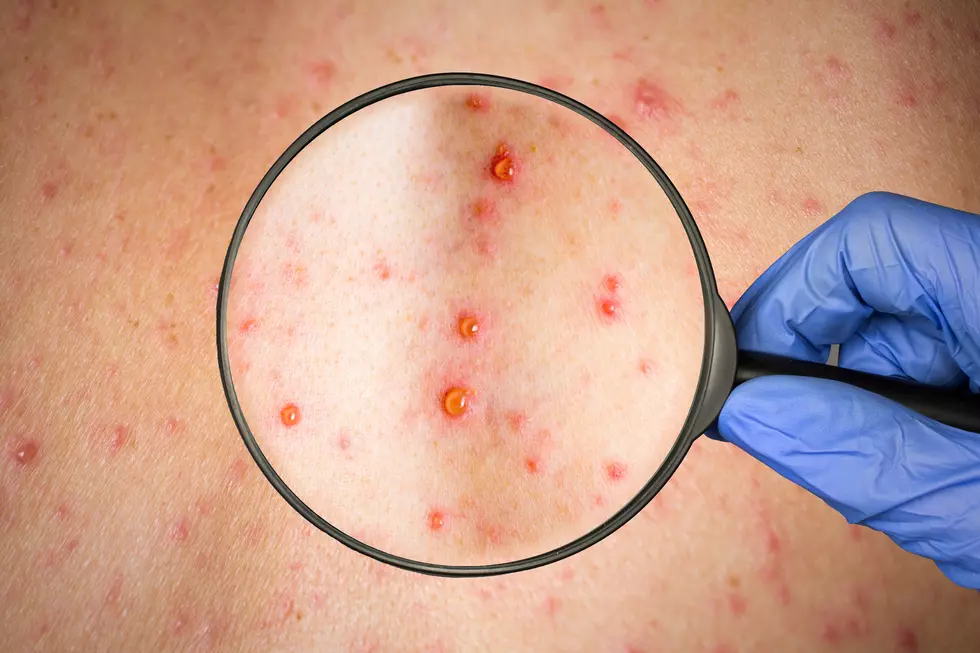
First Mosquito-Borne Virus of 2021 Detected in Michigan
Grab the bug spray! Mosquitoes recently collected in three Michigan counties have tested positive for the Jamestown Canyon virus.
As rains make humidity skyrocket across the state creating ideal breeding conditions for mosquitos, the Michigan Department of Health and Human Services (MDHHS) announced that collection sites in Bay, Oakland, and Saginaw have tested positive for Jamestown Canyon virus (JCV).

These are the first infected mosquitos collected and tested in the state in 2021 that were found to carry a virus that is transferrable to humans. MDHHS is reminding state residents that the best way to protect themselves against JCV and other mosquito-borne illnesses, including Eastern Equine Encephalitis (EEE) and West Nile virus (WNV), is to prevent mosquito bites from happening.
Every summer in Michigan, bites from mosquitoes carry the risk of spreading diseases to people and animals. JCV sickened three Michiganders in 2020. There were also 32 reported cases of WNV and four cases of EEE, resulting in two deaths. One of those who were infected in 2020 and later died from the West Nile virus was WOODtv Reporter Barton Deiters.
The JCV virus is spread to people through bites from infected mosquitoes. Most cases occur from late spring through mid-fall. Illness can develop within a few days to two weeks following a bite from an infected mosquito. While most people do not become ill, initial symptoms can include fever, headache, and fatigue. In rare cases, it can cause severe disease in the brain and/or spinal cord including encephalitis and meningitis.
While the JCV is found throughout much of the U.S., cases have been increasing in the Midwest. JCV can be spread by mosquitoes that become infected when they feed on deer or other animals that have the virus in their blood. Infected mosquitoes spread the virus to other animals or people through bites. Arboviruses including WNV and EEE virus spread when mosquitoes contract the virus from biting infected birds then biting a human.
Residents can stay healthy by using simple, effective strategies to protect themselves and their families.
The following steps are recommended to avoid JCV and other mosquito-borne diseases:
- Apply insect repellents that contain the active ingredient DEET, or other EPA-approved products to exposed skin or clothing. Always follow the manufacturer’s directions for use.
- Wear light-colored, long-sleeved shirts and long pants when outdoors. Apply insect repellent to clothing to help prevent bites.
- Maintain window and door screening to help keep mosquitoes outside.
- Empty water from mosquito breeding sites around the home, such as buckets, unused kiddie pools, old tires, or similar sites where mosquitoes lay eggs.
You can read the MDHHS release in its entirety by clicking here.
SEE MORE: 10 Signs To Look For When Watching For A Tornado
LOOK: Here is the richest town in each state
More From 94.9 WMMQ









